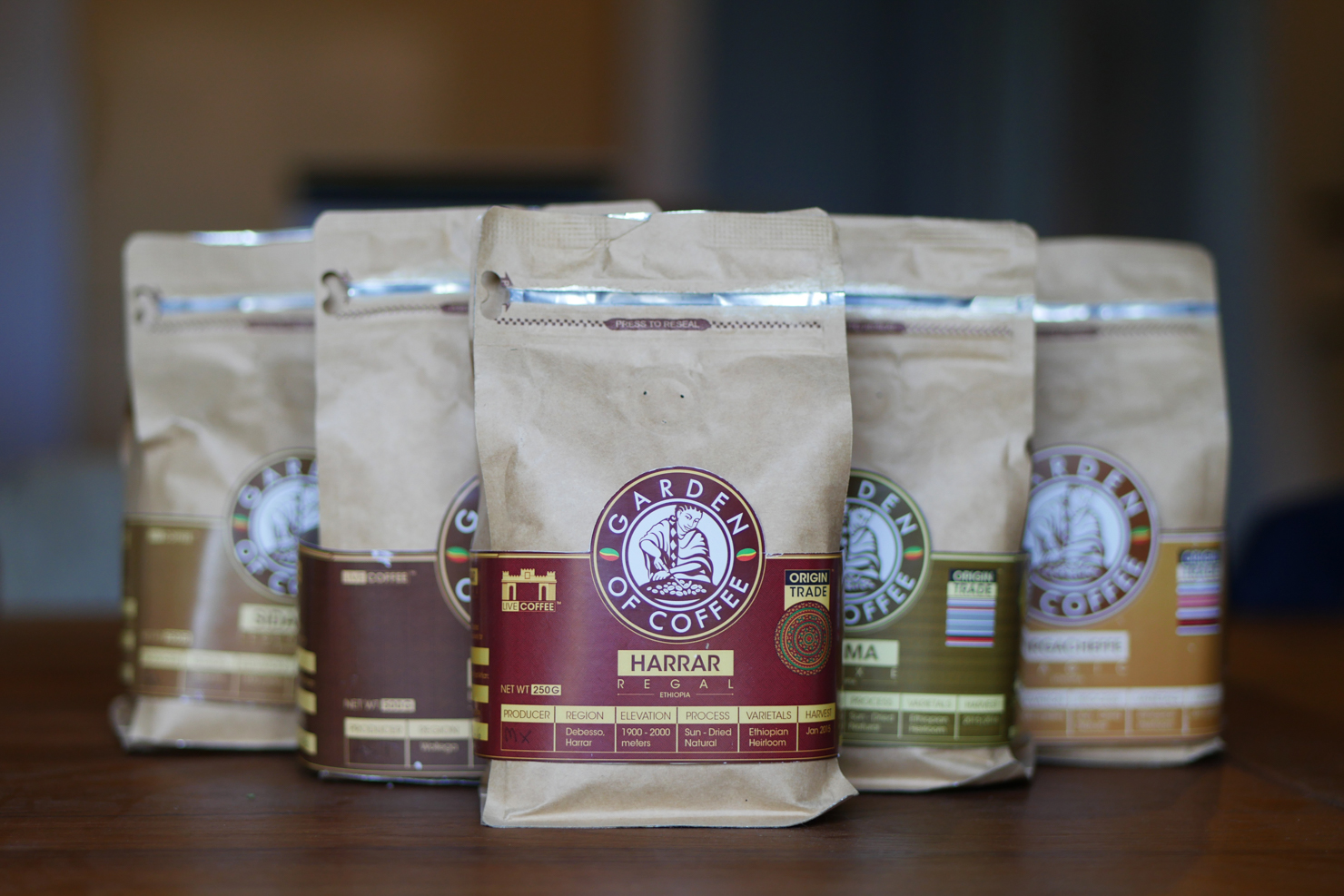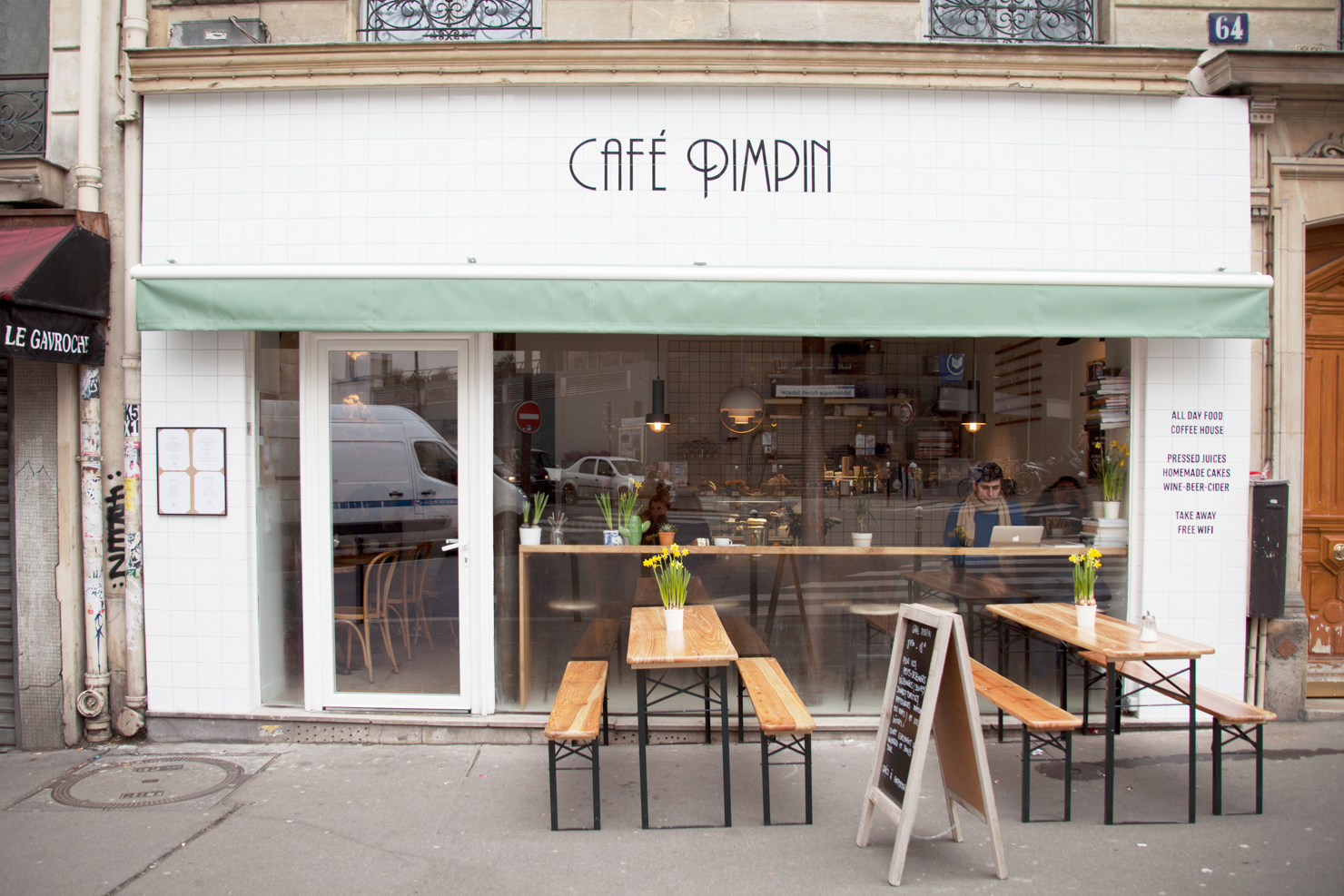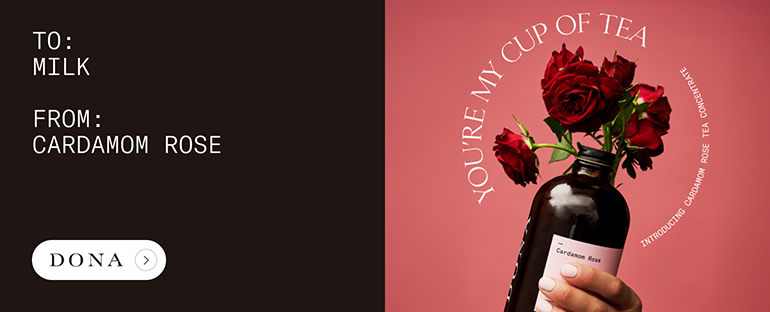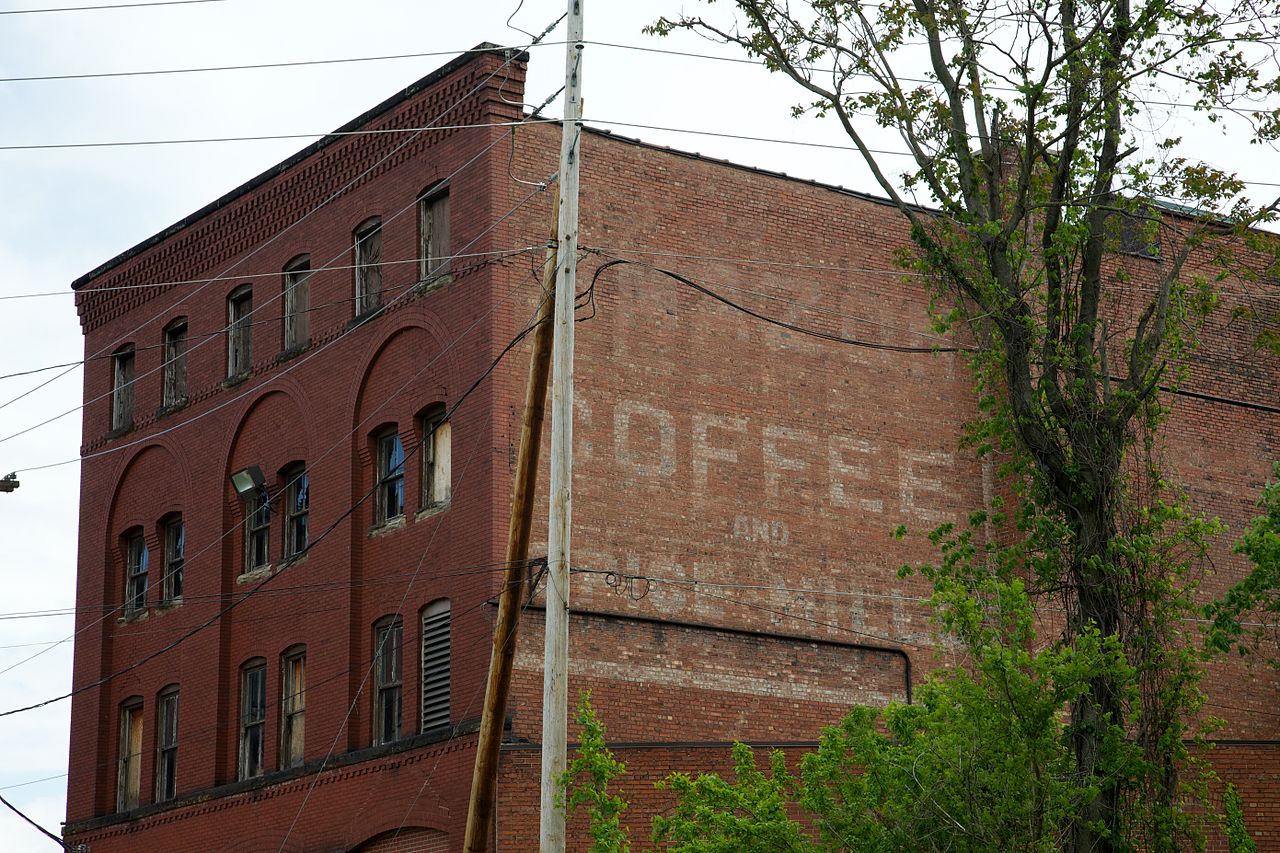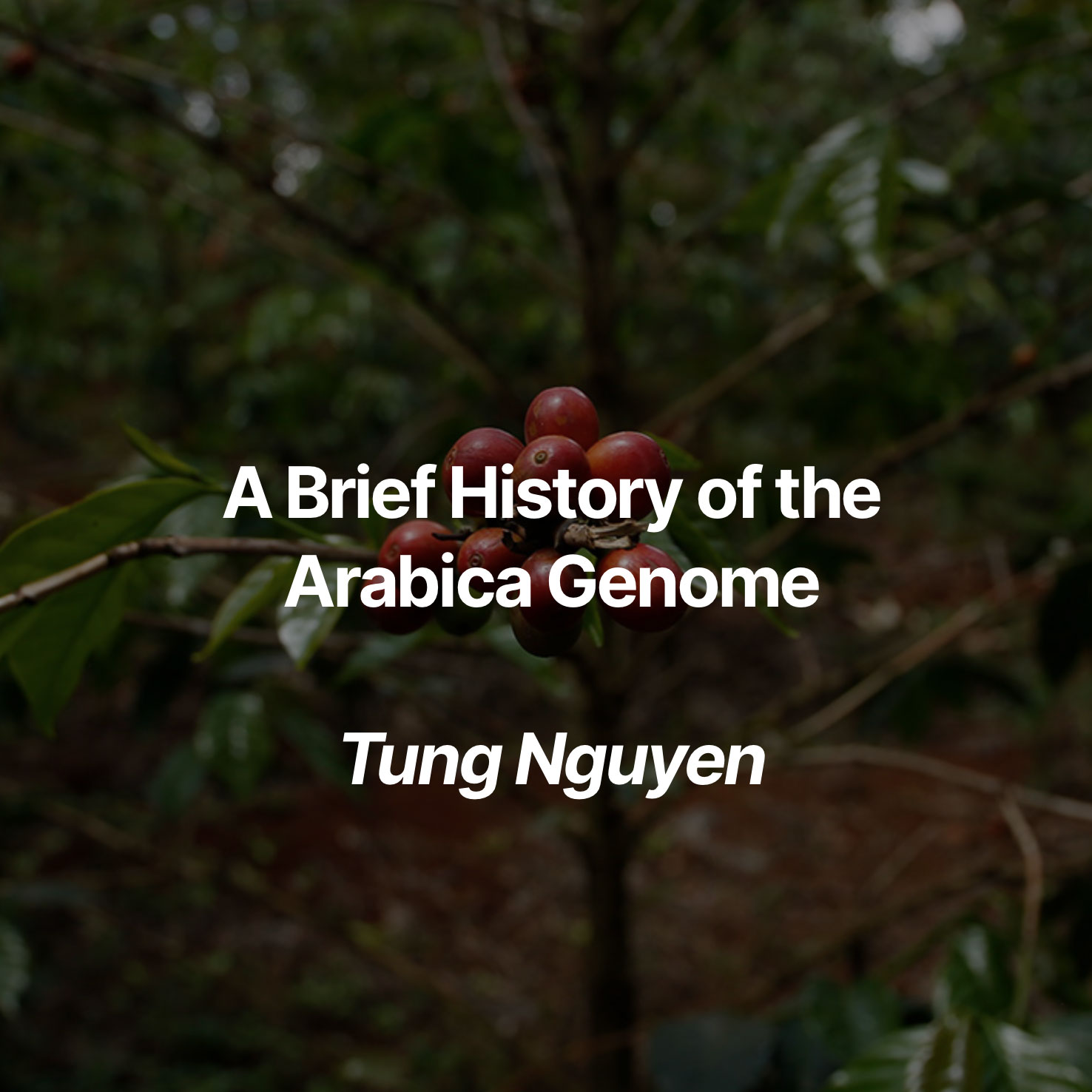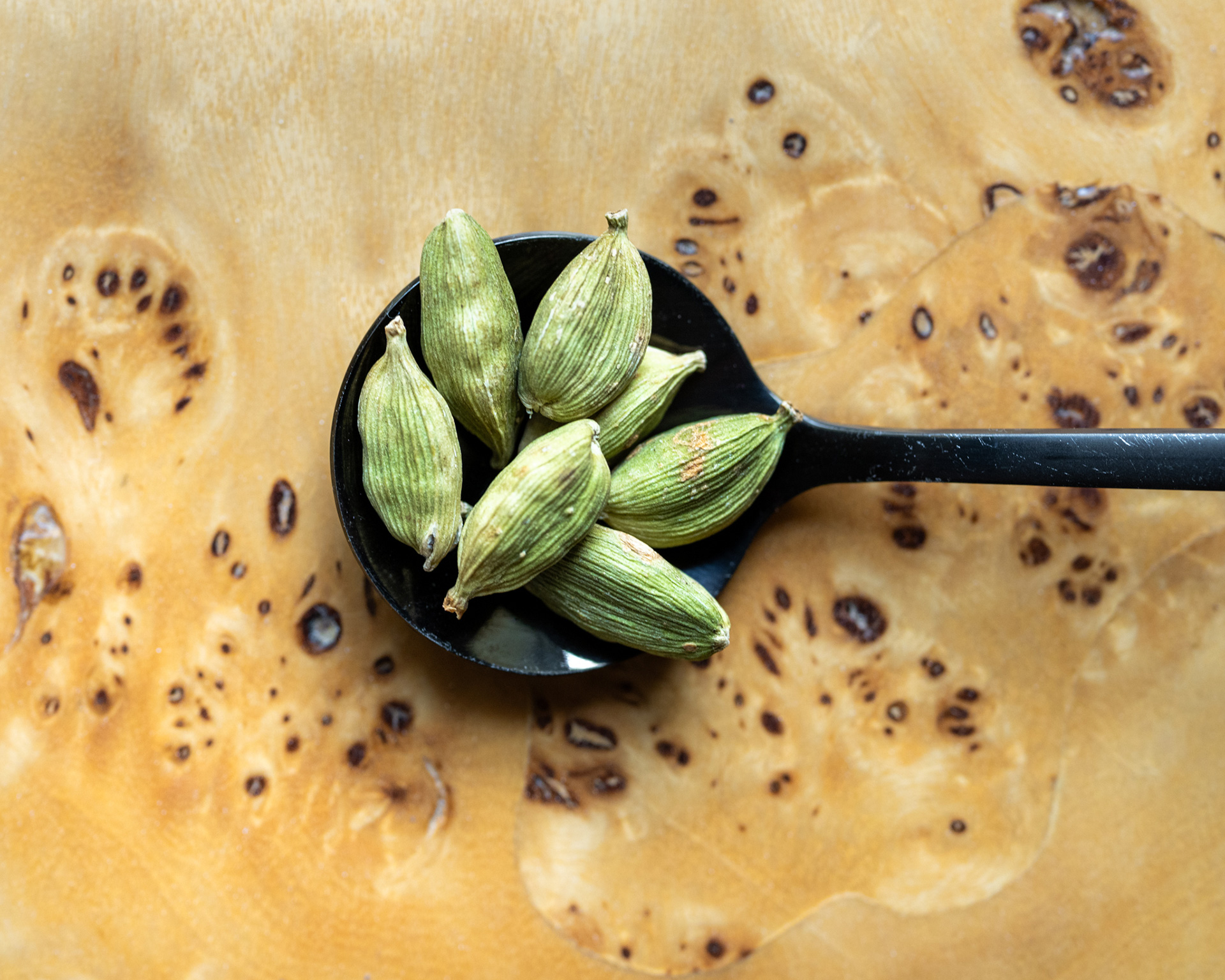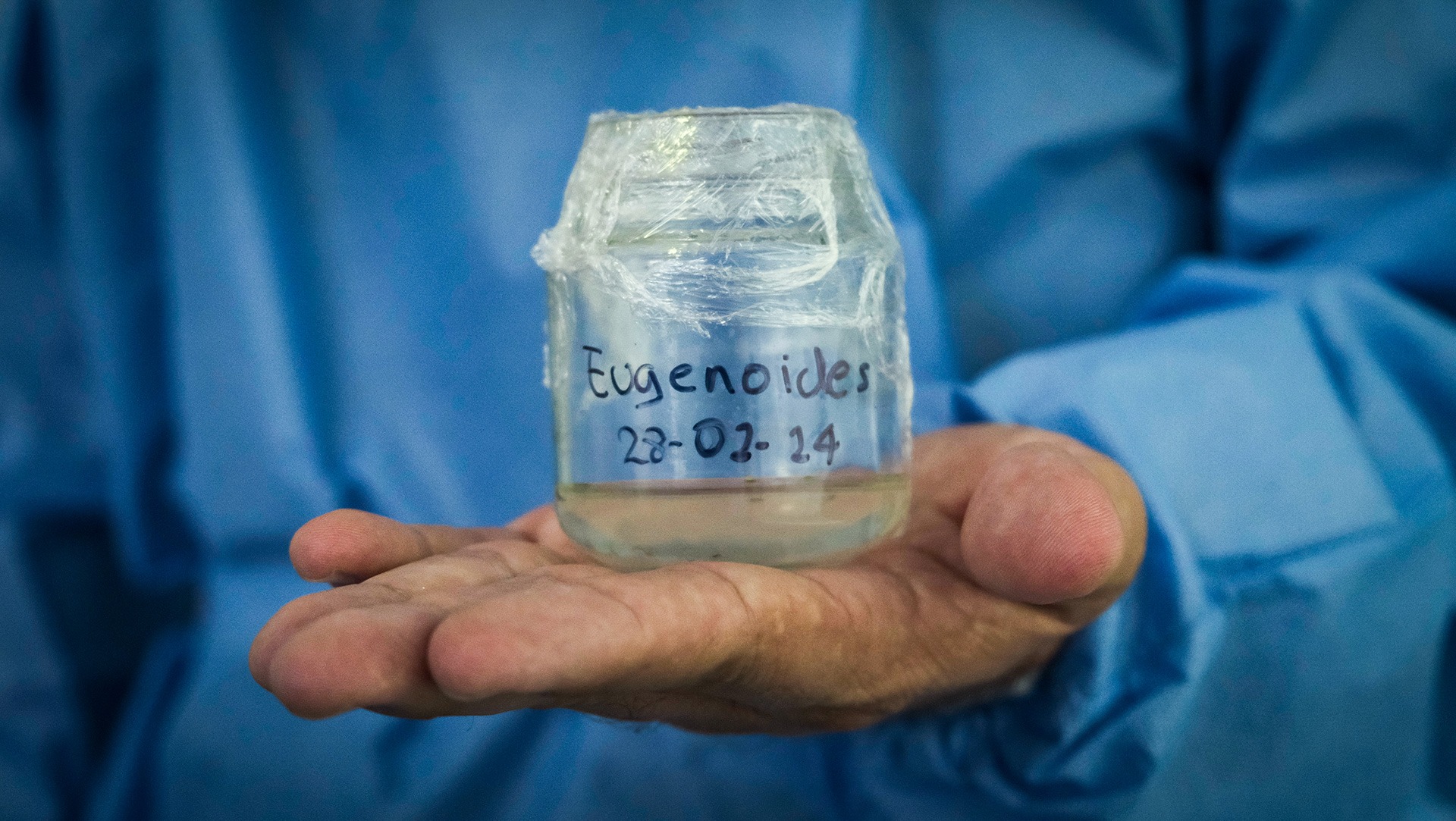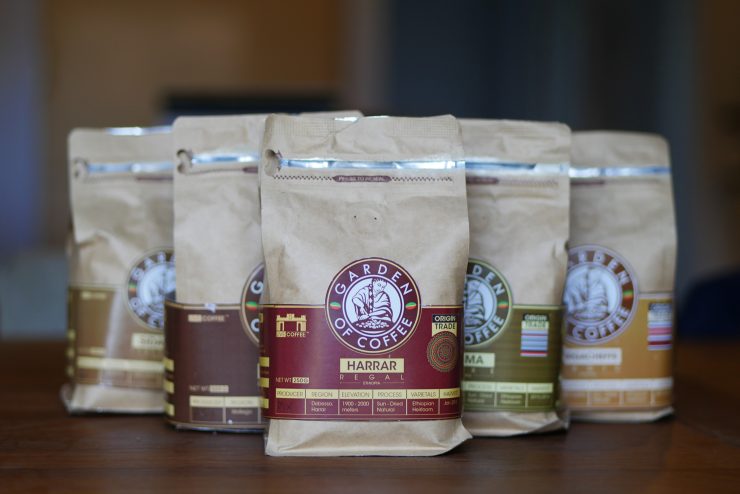
One of the most beautiful and oldest traditions in coffee is the Ethiopian coffee ceremony. During this lengthy affair, green coffee gets roasted over an open flame and (traditionally) ground with a mortar and pestle. Those grinds are then brewed three separate times using a boiling pot called a jebena. The ritual is normally led by a woman of the household and is a regular part of both daily life and special occasions.
Here in America, the Ethiopian coffee ceremony is beginning to gain popularity, with restaurants and even some coffee shops providing their take on the ritual, which we have covered previously here on Sprudge. Even so, the availability of traditionally hand-roasted coffee is limited; you either have to seek out your local coffee ceremony or, if you’re more adventurous, do it yourself. Either way, most of the time the resulting coffee quality is frankly not very good, at least by more refined specialty standards.
Enter Garden of Coffee, a roaster based in Addis Ababa, Ethiopia, which is looking to solve both these problems in one fell swoop. Started by businesswoman Bethlehem Tilahun Alemu—who was included in CNN’s 12 Female Entrepreneurs Who Changed the Way We Do Business—Garden of Coffee offers fully customized, traditional hand-roasted-to-order specialty coffee and ships it internationally.
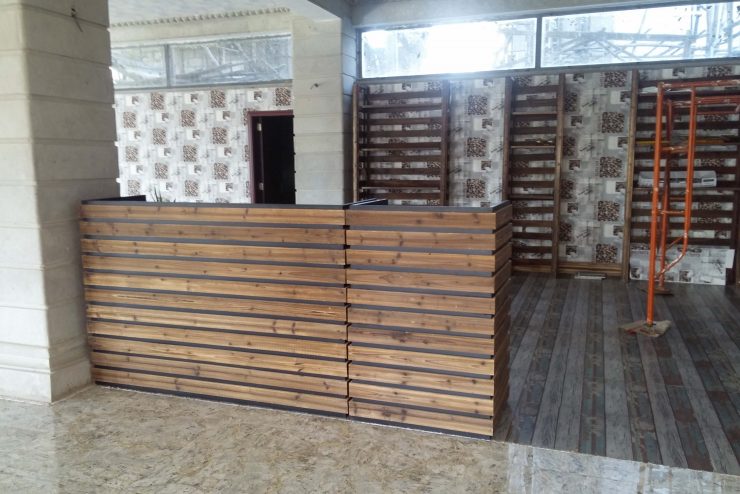
Garden of Coffee is bespoke in the truest sense. You pick from its coffee lineup, currently five sun-dried naturals from various regions of Ethiopia. You choose the roast level from light to very dark. And you even choose which of their master roasters you want to actually roast your coffee. Alemu tells me this allows customers to “have the opportunity to develop direct relationships with these coffee roasting artists.”
When I spoke with Alemu, there were 17 roasters employed at Garden of Coffee, with that number expected to rise to 40 in short order thanks to her recently opened cafe. And following with tradition, most of the roasters are women. “The artisan coffee crafting techniques we use are often multi-generational skills passed from parent to child, most often mother to daughter, and which have flourished here in Ethiopia for millennia,” she says. “Many of these artisans are women who had previously never been able to leverage their immense knowledge of hand-roasting coffee into a profitable livelihood… I am proud to say each roasting team member is earning on average the equivalent salary to a bank management employee!”
Once you have made your selection, your coffee is roasted to order on custom ceramic roasters—based on traditional Ethiopian ceramic cone roasters but “innovated and improved upon,” made specifically for Garden of Coffee—and shipped the same day. My order arrived a week after being roasted, which is no small feat considering the 10,000-mile journey and the often-difficult international customs.
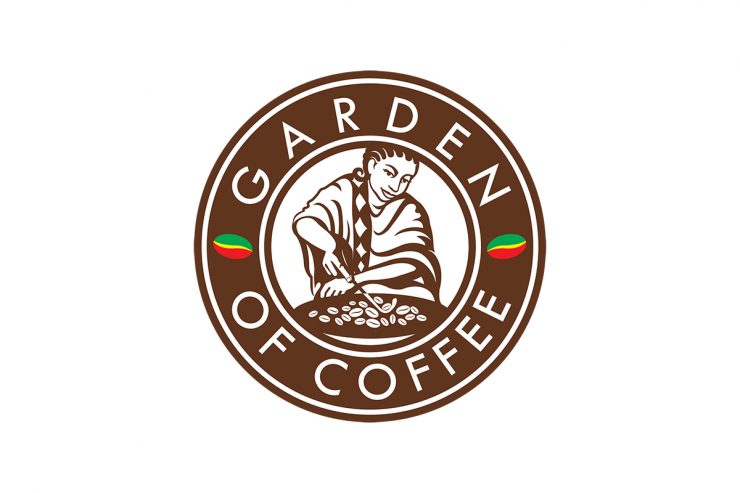
Alemu’s goal is to make sure that every step of the process—from growing to roasting to packaging and shipping—happens in Ethiopia. It’s what she has dubbed “Origin Trade.” The benefits, she states, are a lower impact on the environment as well as an “engine for prosperity and change” for the growers and processors in her home country.
“Our interests are directly aligned with our farmers and our entire value chain in a way that external actors could never be,” she adds. “The value created economically by roasting and packaging at origin is immeasurable. Our business model and our location allows us to both pursue the absolute best quality coffees and to pay the true premiums that these coffees deserve.”
The end result in the cup is something special. It’s a unique experience that marries Ethiopian coffee tradition with a modern approach. Admittedly, I am one of those persnickety specialty coffee types, so I was skeptical about the whole endeavor. And the look of the coffee itself didn’t do much to assuage my concerns. It doesn’t exactly have Tim Wendelboe levels of uniformity, especially at the lighter roast levels where there is just less contact time with heat; the coffee is still cooked over an open heat source after all, so it doesn’t quite have the same level of ambient temperature control that a drum roaster possesses.

But even fighting those trepidations, the coffee is quite good. It is sweet, fruit-forward, and has a pleasing, very warm homey-ness to it. Not my home though, one thousands of miles away.
For many, Garden of Coffee provides a new way to look at and experience coffee. By delving into the past, but tailoring it to a modern audience, the company celebrates more of the art over the science of coffee roasting. And Alemu doesn’t just do this for the novelty, but as a means to promote growth in Ethiopia. Or as she puts it, “Does it make sense to ship our magical raw green beans thousands of miles for roasting when we can produce the absolute finest roasts right here using our own talented roasting artisans? We think not.”
Zac Cadwalader is the news editor at Sprudge Media Network. Read more Zac Cadwalader on Sprudge.
















